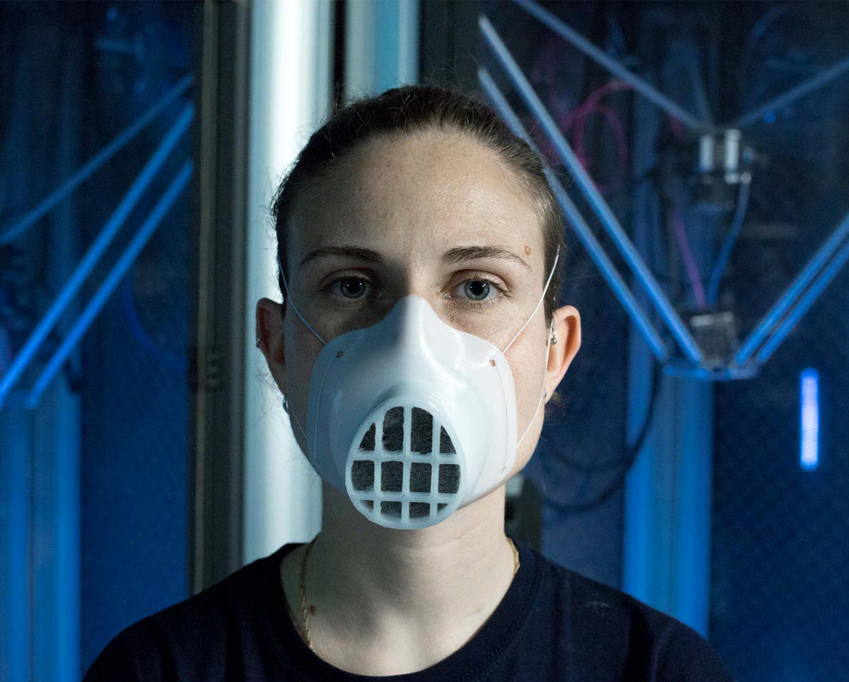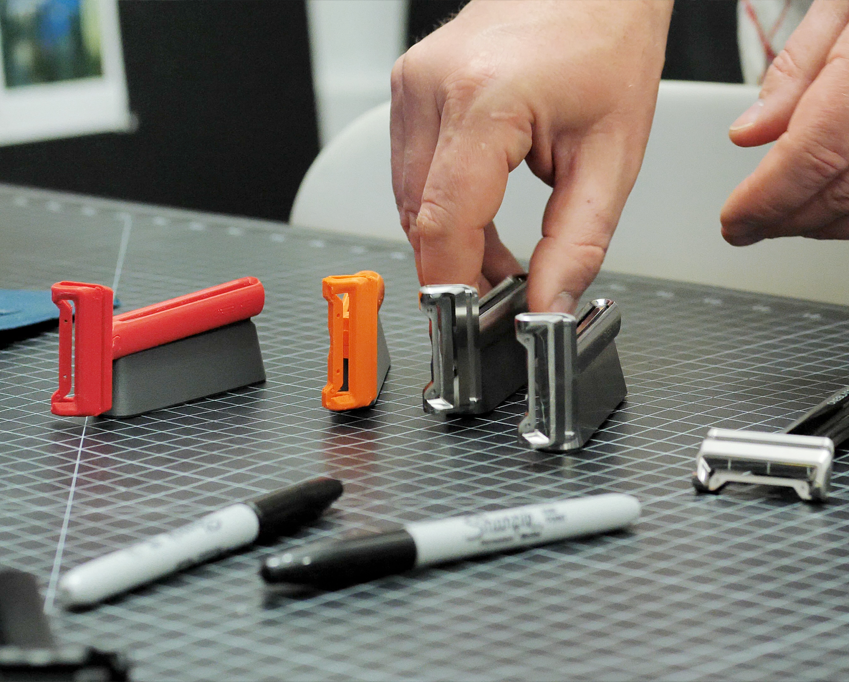
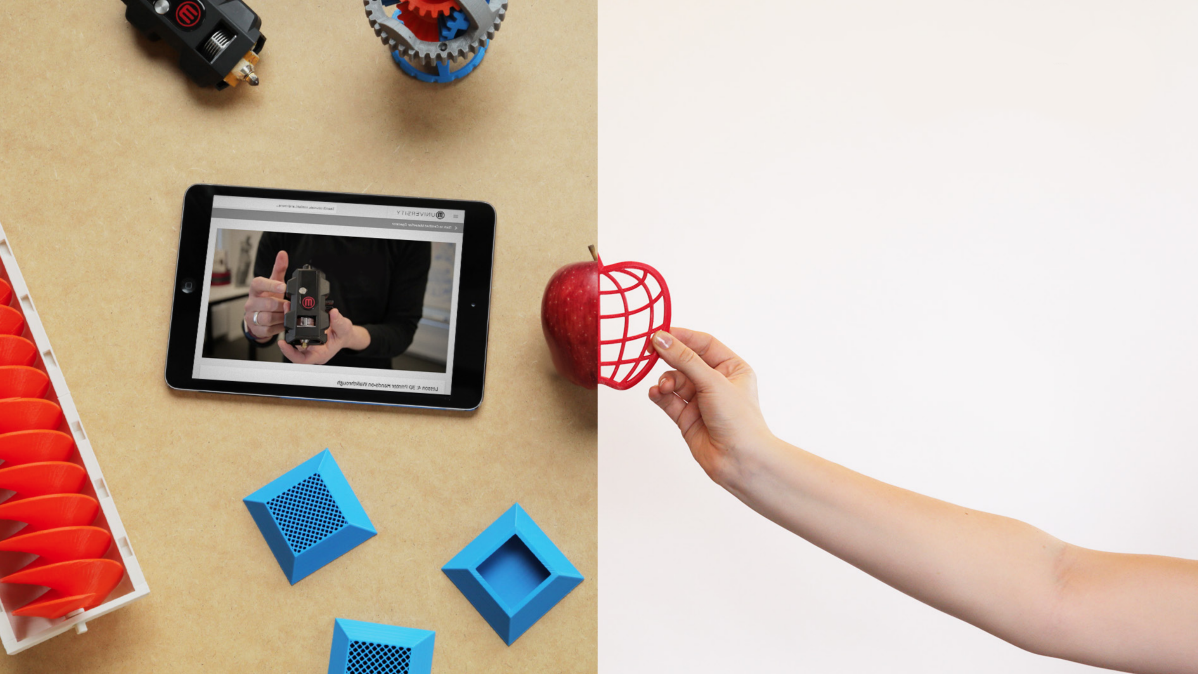
| 3D PRINTING FOR MANUFACTURING
3D printing already plays several roles in the manufacturing process, and it is poised to make further gains as it is refined and perfected. Currently, design and rapid prototyping are two of the main processes that benefit from 3D prints. 3D printers are also useful in low-volume production, such as when small amounts of product are needed to test the market, run market trials or provide highly granular levels of customisation . And as time goes on, 3D printers' production capabilities continue to scale.
3D printing and digital manufacturing is driving a world with less waste, less inventory and lower CO2 emissions.
Shop Industrial 3D Printers
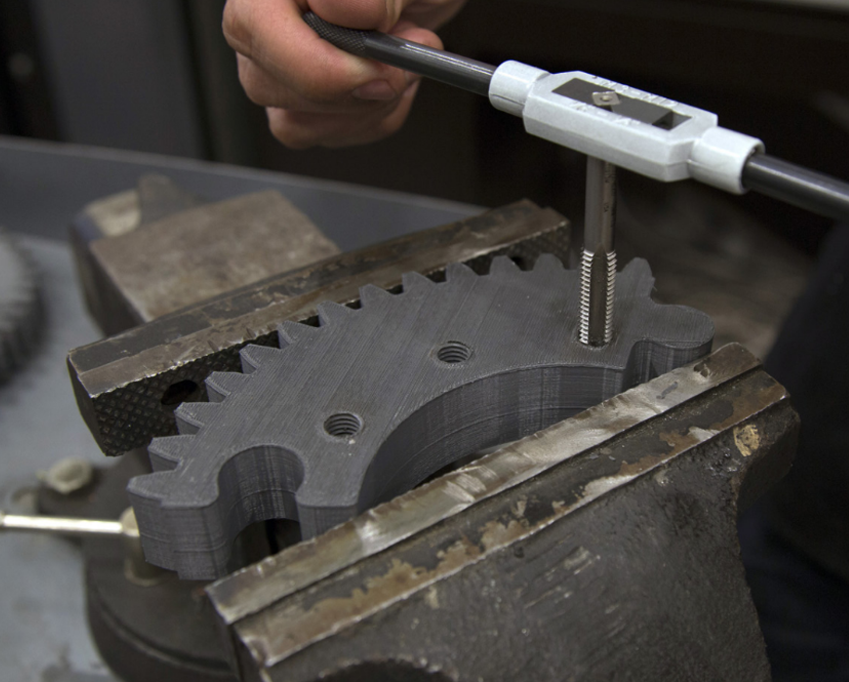
| 3D PRINTING FOR DISRUPTIVE TECHNOLOGIES
The 2020s will be defined by automotive manufacturers seriously moving into the electric vehicle market. The fast prototyping and production capabilities of 3D allows manufacturers to produce car parts at a pace previously impossible to create. This should help drive down costs which, if passed on to the customer, will help remove one of the major barriers to mass e-vehicle uptake.
New materials and complex geometries can produce lighter parts, delivering knock-on benefits - such as fuel efficiencies for the automotive industries.
Shop Industrial 3D Printers

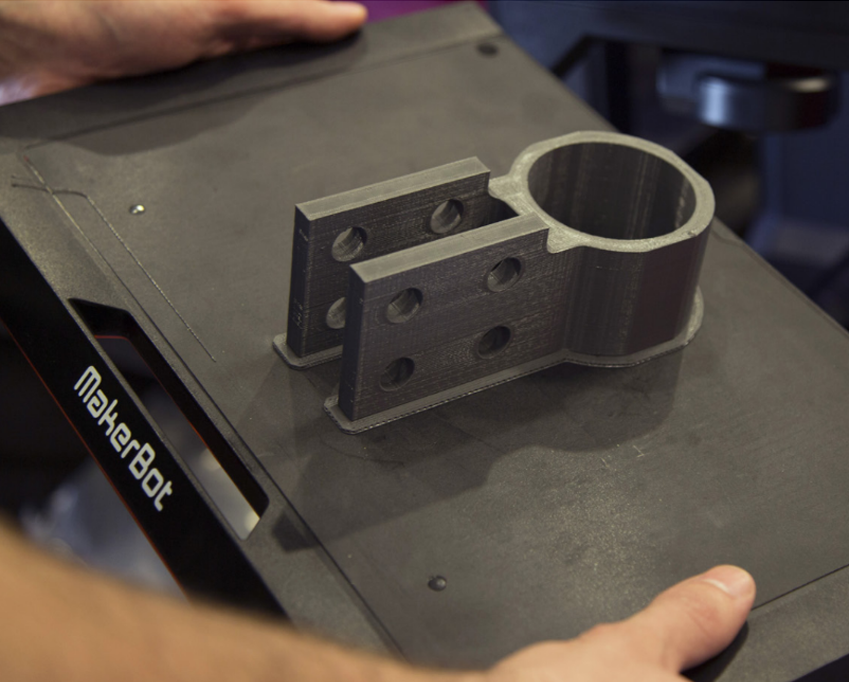
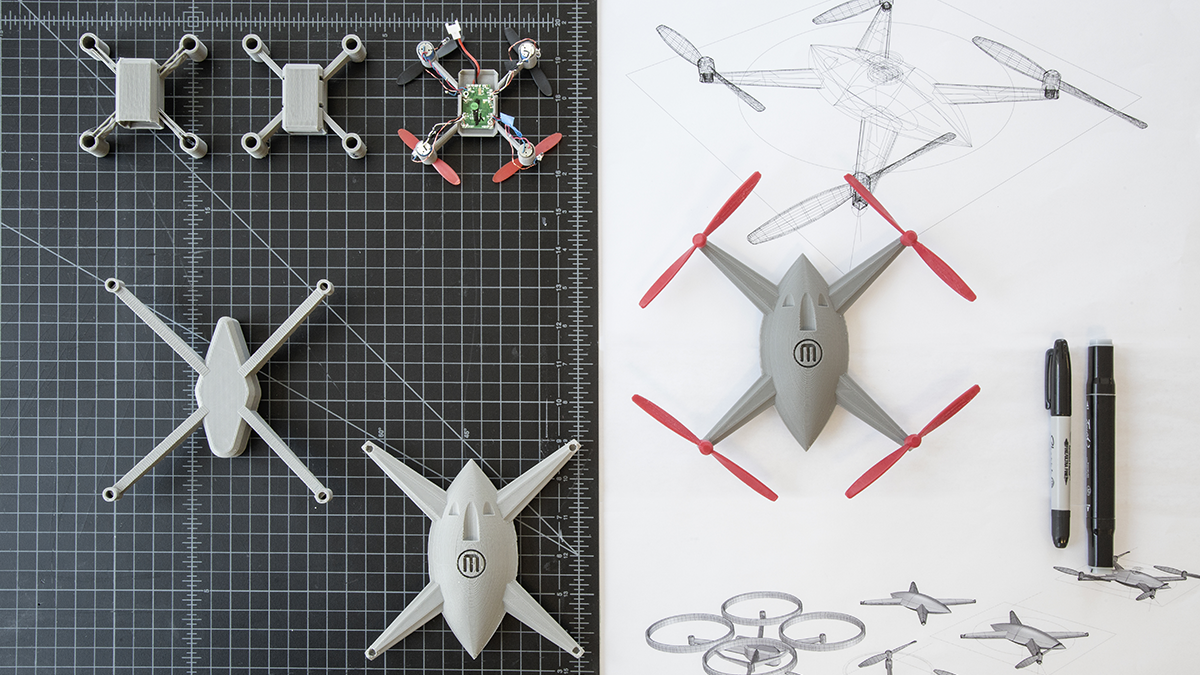
| 3D PRINTING FOR DESIGN & PRODUCTION
3D printing removes the need for outsourcing during product development and allows for designs to be tested, amended and re-tested within days rather than weeks. This turnaround time allows for customisation of products, if desired, and the materials available can produce parts stronger than machined aluminium with a finish suitable for final, end-use purposes.
3D printing technologies and materials are developing and growing faster than most other technologies due to the way it can influence manufacturing processes and help businesses perform to a higher level. The whole production process can be updated and adapted reflecting the flexibility of the 3D printing process.
Shop Industrial 3D Printers
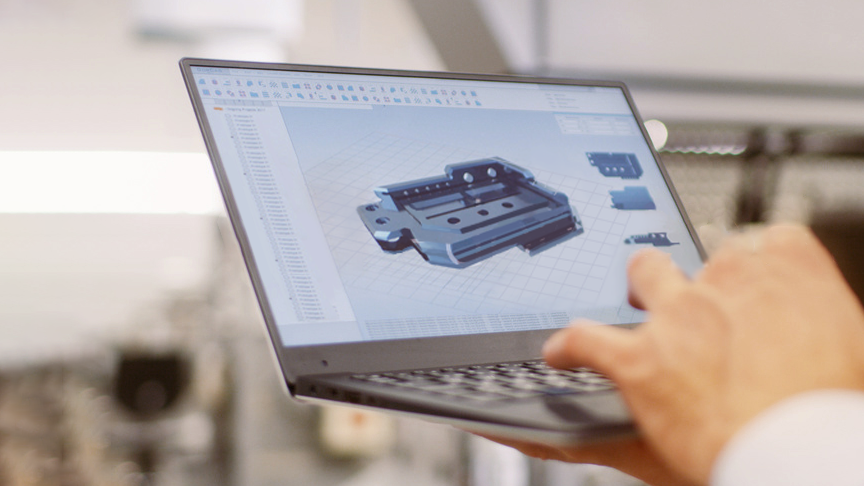
| MATERIALS FOR ADDITIVE MANUFACTURE
The range of materials suitable for 3D printing allows for performance in a wide range of manufacturing applications . Engineering grade materials where strength is key, PETG for contact with food, flexible materials of various grades to enable parts that flex and bend in the daily use, and metal and composite materials for use as working parts. 3D printing is a real enabler across the sector.
‘Disruptive’ technology not only expedites the process of designing and developing key device parts, but as the current Covid-19 crisis has demonstrated allows for the harnessing of a network of distributed single and small clusters of 3D printers to ramp up ‘mass’ production in a manner that traditional manufacturing processes could not.
Shop Industrial 3D Printers
